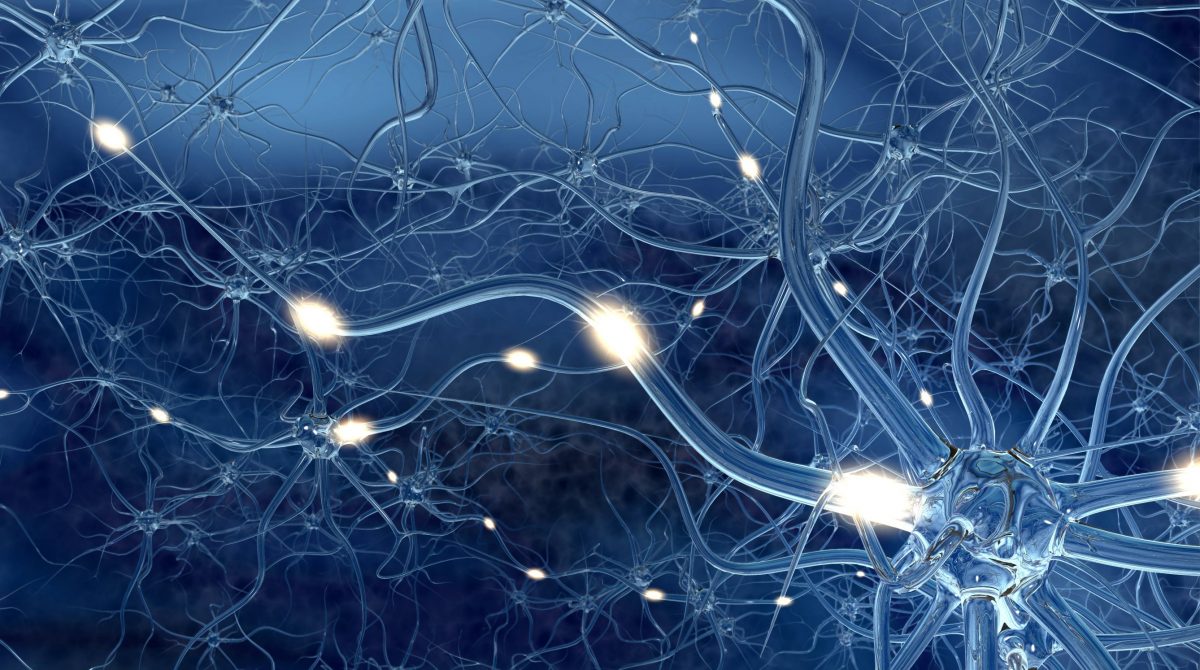Abstract
This article aim at analyzing and discussing possible gastrointestinal comorbid illnesses that seem to occur in autistic individuals. It also looks at studies done and influence of gastrointestinal illnesses on the development, the course and prognosis of autism spectrum disorder. This review also gives the future directions necessary to enhance the understanding of gastrointestinal illnesses in autistic individuals.
Introduction
Gastrointestinal disorders (GI) are common comorbid medical illnesses in autism spectrum disorder (ASD). Autistic individuals usually present with non-specific GI symptoms like abdominal pains, diarrhea and gastro-esophageal reflux disease (GERD). The severity of ASD seems to be increases by the presence of GI problems in children. Development of eating disorders is also associated with the development of such GI illnesses. Common eating disorders in autism include avoidant-restrictive food intake disorder, pica, bulimia nervosa and anorexia nervosa (Diagnostic and statistical manual of mental disorders [DSM V], 2013, p.59). It has been reported that autistic children have a likelihood of more than five times to develop feeding issues like poor oral food intake, avoidance to feed and food selectivity (Madra et al., 2020).
Autism spectrum disorders (ASD) is a range of complex neurodevelopmental disorder characterized by presence of persistent deficits in social interaction, social communication and presence of restricted repetitive patterns of behavior, interests and activities (Rosen et al., 2021). It’s commonly diagnosed in children under the age of 18 years or in adults who have a history of such symptoms in their early developmental period. It’s also associated with certain comorbidities like anxiety, depression, obsessive compulsive disorder, eating disorders, intellectual impairment and structural language disorder. The prevalence of GI disorders in autistic children ranges between 9 to 91% (Madra et al., 2020). Constipation has been the most common primary GI illness in autistic children.
It’s clearly evident that GI disorders are closely related to ASD and there is need for medical providers to easily detect the presentation in autistic children so as to improve the management and quality of life among such individuals. This review will discuss the common presentation of GI disorders associated with autism.
Literature
Recent studies have established that autistic children have four times risk of having GI disorders which include constipation, abdominal pains and diarrhea. Constipation is mainly characterized by abnormal bowel activity causing passage of less three bowel movements in a week. It’s reported as the primary GI disorder in most of autistic children. Normally it occurs with alternating episodes of chronic diarrhea and GERD. Diarrhea is the passage of loose or watery stool for at least three times in a day while GERD is characterized by flow of stomach acid and repeated irritation in the esophagus. The occurrence of such abnormal GI illnesses can be explained by the predisposition of autistic individuals to anxiety, depression and stress. Maladaptive behaviors and avoidant food intake habits are believed to occur in response to anxiety and stress (Madra et al., 2020). The fact that autistic children normally have restricted fixed interests like food selectivity, this could cause certain vitamin deficiencies that predispose them to GI illnesses.
In a subset of autistic children, GI issues have been associated with autonomic nervous system dysfunction. This is postulated to be arising from the intense exposure to stress or anxiety which is a common psychiatric comorbid illness in them. Common anxiety disorders in ASD patients include generalized anxiety, social anxiety and phobias. This also explains the accompanying symptoms like irritability, social withdrawal and hyperactivity in them. Persistent behaviors like aggression have been associated with occurrence of nausea, abdominal discomfort and recurrent abdominal pains in very young autistic children while anxiety is believed to be related with presence of constipation and diarrhea in older children and adolescents (Autism research institute, 2021).
It has been established that, there is a bidirectional relation between autism symptoms and GI problems. They both influence each other simultaneously because of the connection between the brain and the digestive tract. It’s postulated that stress signals from the brain alter the release of serotonin and norepinephrine which regulate the GIT mobility. Stress also affects the balance of micro-biota in the gut, influencing the overall gastrointestinal functioning. The response in the gut by sending signals to the brain leads to change in feelings like anxiety, depression and social withdrawal (University of Missouri, 2022). The above vicious cycle creates a gap in the research field, so that we can try have a better understanding of the GI disorders in autistic individuals.
Symptoms present in autistic children who have GI disorders
They present with:
(A) Persistent deficits in social interaction and social communication which are manifested with the following features;
- Deficits in social-emotional expression, for example, failure to have normal back and forth conversation, reduced sharing of interest, emotions or affect and failure to initiate or respond to social interactions.
- Deficits in use of non- verbal communicative behaviors, for example, poorly integrated verbal and nonverbal expressions, abnormalities in eye contact and body language, total lack of facial expressions and even deficits in understanding and use of gestures
- Deficits in developing, maintaining and comprehending relationships, for example, individuals tend to have difficulty in adjusting their behavior to suit various social contexts. Also have absence of interest in peers or even making friends.
(B) Restricted, repetitive patterns of behavior, interests or activities. Manifested by presence of features like:
- Repetitive or stereotyped motor movements, use of objects or speech. For example, echolalia, lining up toys, flipping of hand or objects.
- Individuals tend to be inflexible in terms of the adherence to routine or having ritualized patterns of verbal or nonverbal behavior like rigid thinking patterns, difficulties with transition and having certain greeting rituals.
- Having restricted, fixed interests that are abnormal in intensity or focus. For example, being preoccupied with unusual objects, developing strong attachment to specific things and excessive circumscribed or perseverative interests.
- Experiencing hypo or hyperactivity to sensory input or having unusual interest in sensory aspects of the environment. For example, having adverse response to specific sounds or textures, excessive smelling and apparent indifference to pain/ temperature.
(C) Persistent GI problems that are non-specific and usually recur without a clear medical etiology. They include constipation, diarrhea, abdominal pains and gastro-esophageal reflux disease.
All the above features cause clinically significant distress in the social, occupational and other functioning areas of the individuals (DSM V, 2013, pp. 50-51).
Conclusion
From the above review, it’s clear that GI illnesses are increasingly common among ASD individuals and that they both influence each other simultaneously. Understanding the presentation of GI disorders and their close relationship with autism is necessary in the medical providers, so as to enhance effective management of the autistic individuals and improve their quality of life.
REFERENCES
- Autism Research institute. (2021). More Evidence for Link between GI Symptoms and Behavior in individuals with Autism.
More Evidence for Link Between GI Symptoms and Behavior in individuals with Autism
- Diagnostic and statistical manual for mental disorders, fifth edition (DSM V). (2013, pp. 50-57).
- Madra, M., Ringel, R., & Margolis, K. G. (2020). Gastrointestinal Issues and Autism Spectrum Disorder. Child and adolescent psychiatric clinics of North America, 29(3), 501–513. https://doi.org/10.1016/j.chc.2020.02.005
- Rosen, N. E., Lord, C., & Volkmar, F. R. (2021, February 24). The diagnosis of autism: From kanner to DSM-III to DSM-5 and beyond – journal of autism and developmental disorders. SpringerLink. Retrieved December 1, 2022, from https://link.springer.com/article/10.1007/s10803-021-04904-1
- University of Missouri-Columbia. (2022, April 26). Gastrointestinal issues linked with anxiety, social withdrawal for kids with autism: Findings could help shape future treatments aimed at easing pain for kids with autism experiencing constipation, stomach pain. Science Daily. Retrieved December 6, 2022 from www.sciencedaily.com/releases/2022/04/220426153724.htm









